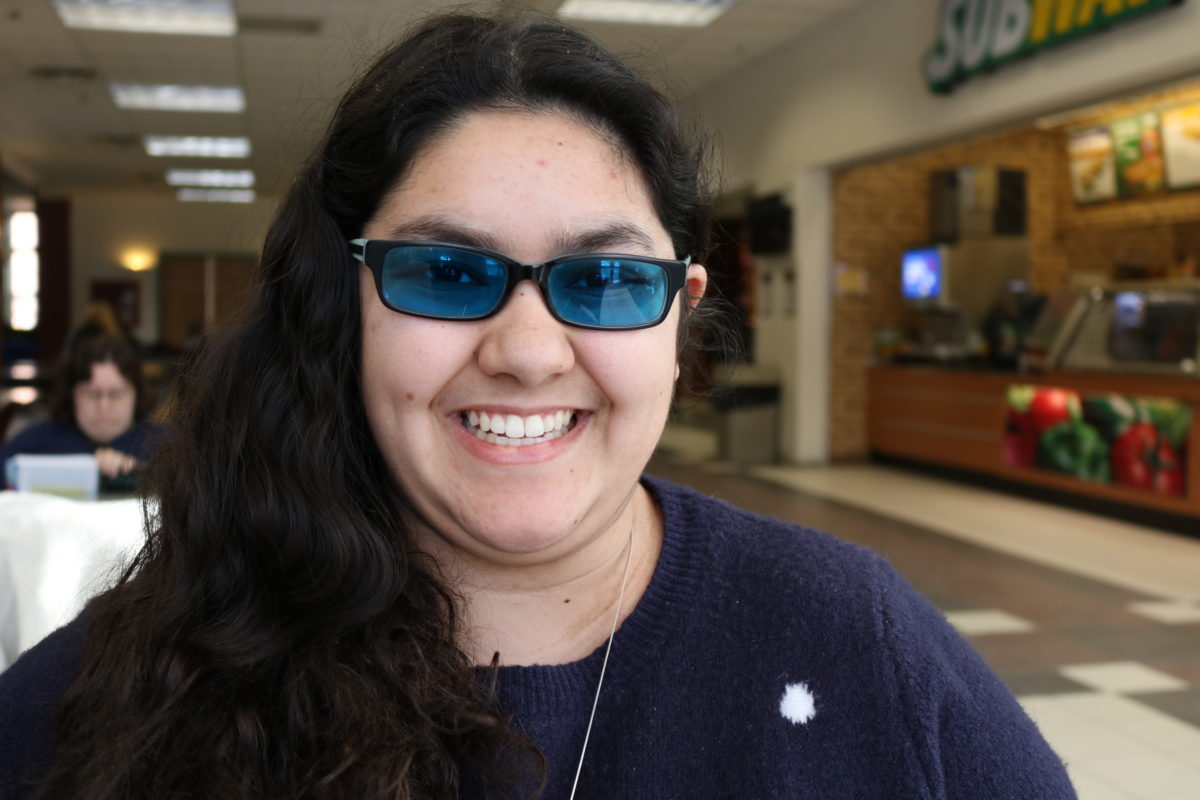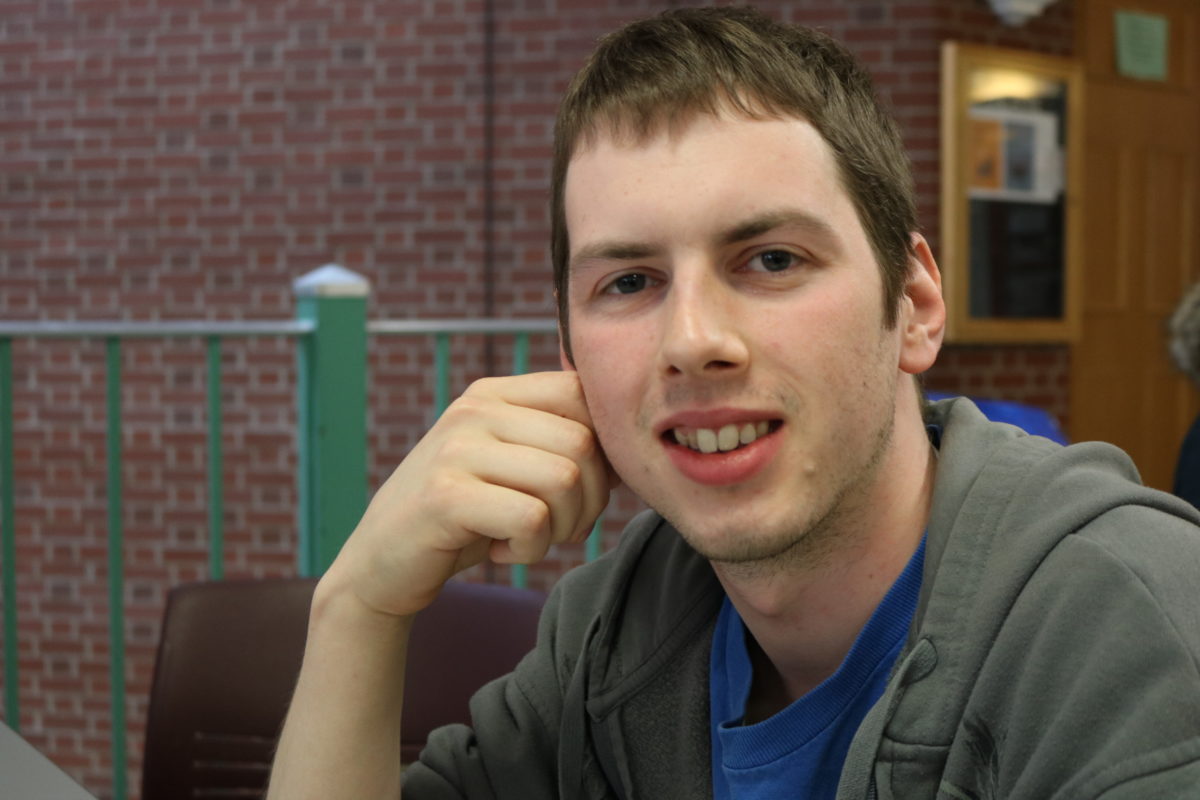As a child of the 1970s, St. Thomas University psychology professor Ian Nicholson remembers having a strong urge to get on his bike and explore with friends, something he doesn’t see in his 15-year-old son today.
“Initially, I was thinking ‘Well, maybe it’s just his own nature, everybody has their own sort of comfort level. Everybody’s an individual.’ But then I started to notice similar trends with other kids,” Nicholson said.
He believes the lack of curiosity in children is caused by technologies like smartphones and computers – devices keeping children from learning the old-fashioned way, by going out into the world and getting experience.
“It’s difficult to exaggerate the impact that [technology] has on this dimension. The degree to which you now have the world in your pocket … It really forecloses the spirit of adventurousness and exploration and curiosity,” he said.
In today’s world, parents no longer expect their children to immediately move out and become entirely independent when they turn 18, which may leave new adults unsure of what to do when they do move out.
“As we move forward, I [can] see these really notable changes in the way kids are having these experiences and to me it seems to be really oriented around a change in the notion of independence. When I was younger … We had such an appetite for independence,” Nicholson said.
“Getting out of the house – sometimes we were actually physically booted out of the house by our parents – but we wanted to go off and we wanted to have spaces away from our parents … Just spaces where you could be a teen and sort of try on different roles and play at being an adult.”
According to Nicholson, that lack of independence may have led to the creation of the word “adulting.”
Adulting is a pop-culture term used by young adults to signify the completion of what they believe is an adult task, like booking appointments over the phone and paying bills. However, years ago, those activities were understood as mandatory to become a functioning member of society.
“I think I just saw [adulting] as a part of the process and I remember just taking some pride as well, even though it’s not particularly enjoyable paying bills but just having a sense of satisfaction in being able to do that stuff on my own,” Nicholson said.
Today, many university students may not get the opportunity to learn important adult skills because their parents take care of it for them.
Emma Mullen, a second-year sociology and anthropology student at STU, didn’t know how to do laundry until she moved into residence because her mother had always done it for her.

“There are so many parents now-a-days who just do [laundry] for their kids instead of making them learn how to do it themselves,” she said.
“And I think [adulting] is a word we use now because 10 to 20 years ago it was so expected that people would know how to do laundry, know how to cook, know how to sew [but] things have really changed.”
Sociology professor Matthew Hayes believes it’s so much more than technology, a lack of independence and parents not teaching their children. He blames it on the economic factors that make entering the adult life more challenging.
“Adulting seems to refer to a feeling of stalled transition to adulthood. It’s taking longer for people to achieve the traditional markers of adulthood,” he said in an email.
“This transition is increasingly delayed or stretched out, because the North American economy no longer produces the types of jobs that past generations relied on in order to culturally ground markers of adulthood – like a full-time job, home ownership, car ownership [or] starting a family.”
Tyler Main, a third-year English major at STU, has been working since he was 15-years-old because it was expected of him, but many parents don’t expect that of their children anymore.

He sees a similar trend to what Hayes believes.
“Back in the past, 30 to 40 years ago, by my age of 26 you were already expected to be finished your university degree, be married [and] have kids. As a society we seem to be pushing that farther and farther, prolonging the time that you’re a child,” he said.
“Now you see people my age going to university. They’re not married, they’re not in a relationship and they don’t feel like adults. And I don’t know if it’s because of the way society is moving or because it’s harder to become a true adult.”
Hayes explained the transition into adulthood is always changing and today’s generation may not be able to keep up. However, the idea of adulting could be a sense of satisfaction for young adults these days.
“We often feel like we are falling off the edge, unable to keep up with all the demands on our time and pressure to succeed,” he said.
“Instead, we stay fixated on our emotions and try to ‘stay strong’ and ‘keep it together,’ catchphrases that fit with ‘adulting,’ [which is] the occasional proof that we are keeping up or we are doing something that reminds us of a previous generation’s transition to adulthood.”

